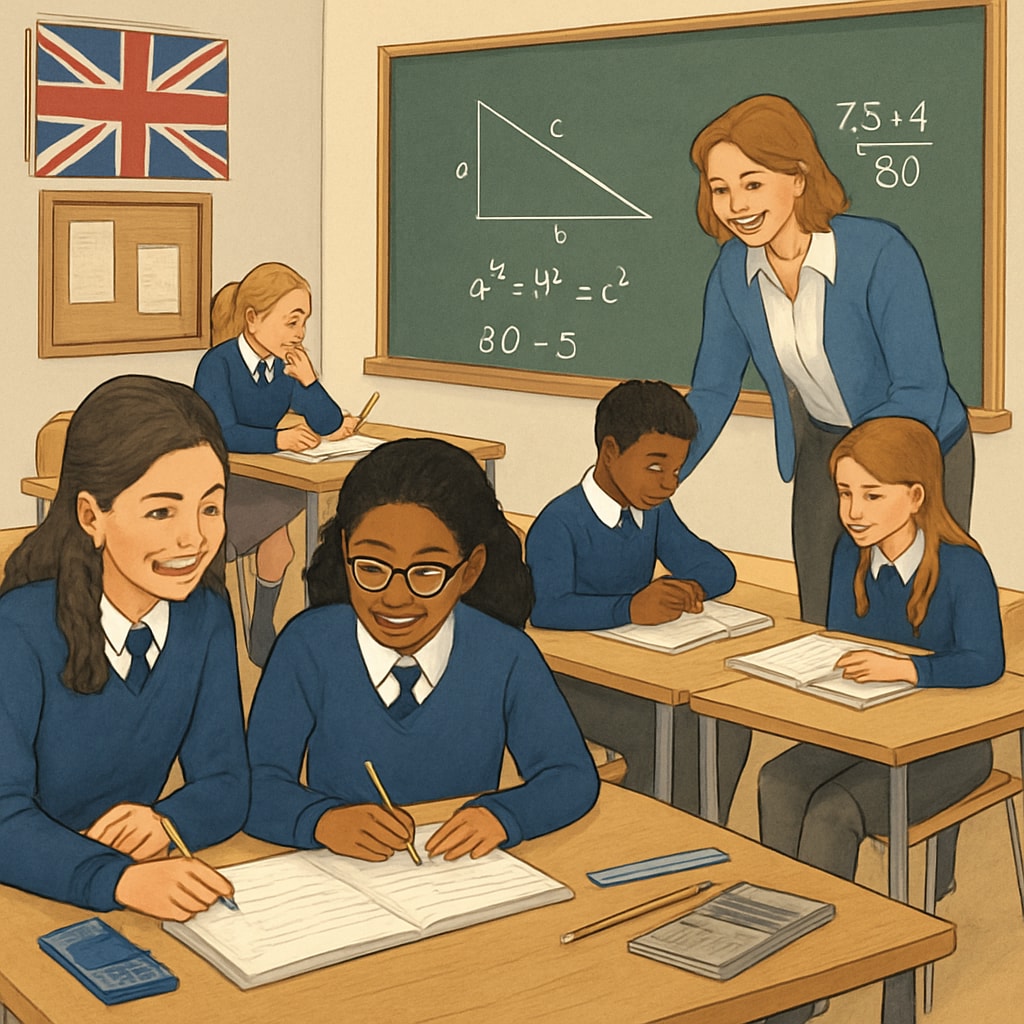In the UK, disruptions in education can have long-lasting effects on young people, especially when it comes to essential qualifications like mathematics. Whether caused by personal circumstances, the COVID-19 pandemic, or other factors, interrupted learning can present significant challenges. Fortunately, there are multiple pathways to help young individuals reconnect with education, gain crucial skills, and secure their future.
Understanding the Impact of Interrupted Education
Interrupted education affects not only academic growth but also career prospects, particularly for those who lack qualifications in core subjects like mathematics. For example, GCSE mathematics is often a minimum requirement for higher education, apprenticeships, and many jobs. Missing out on such key qualifications can limit opportunities and lower confidence.
However, recovery is possible through structured programs and resources designed to address gaps in learning. Organizations like National Careers Service and local adult education centers provide accessible pathways for young people to return to education.

Pathways to Academic Recovery
Young people have several options to catch up on missed education or obtain necessary qualifications. Below are some recommended strategies:
- Enrolling in Further Education Colleges: Colleges offer flexible programs, including GCSE resits and functional skills courses, which are tailored to individual learning needs.
- Online Learning Platforms: Websites like Open Study College and FutureLearn provide online courses in mathematics and other subjects, allowing students to learn at their own pace.
- Apprenticeships with Embedded Training: Apprenticeships often include opportunities to earn qualifications while gaining practical skills, making them ideal for those seeking an alternative educational route.
- Specialized Tutoring Services: Personalized tutoring can help students address specific gaps in their learning and prepare them for exams.

Key Strategies for Success
Recovering from interrupted education requires planning and commitment. Here are some actionable strategies:
- Set Achievable Goals: Define clear academic objectives, such as completing a GCSE or obtaining a functional skills qualification in mathematics.
- Utilize Support Networks: Seek guidance from educators, mentors, or career advisors to identify the most suitable pathways.
- Balance Learning with Other Responsibilities: If work or family commitments are a factor, opt for flexible learning options like evening classes or online modules.
- Stay Motivated: Celebrate small milestones and track progress to maintain momentum.
For young people facing challenges, these strategies can transform their educational journey and open doors to new opportunities.
Looking Forward: The Importance of Core Qualifications
Securing mathematics qualifications is not just about fulfilling immediate academic requirements—it lays the foundation for future success. Whether aiming for higher education, vocational training, or employment, core qualifications like GCSE mathematics are essential for advancement in many fields.
By taking proactive steps and leveraging available resources, young people can overcome educational interruptions and achieve their full potential.
Conclusion: Interrupted education doesn’t have to be the end of the road. With determination and the right support systems, young individuals in the UK can successfully bridge the academic gap, gain vital qualifications, and build a brighter future.


